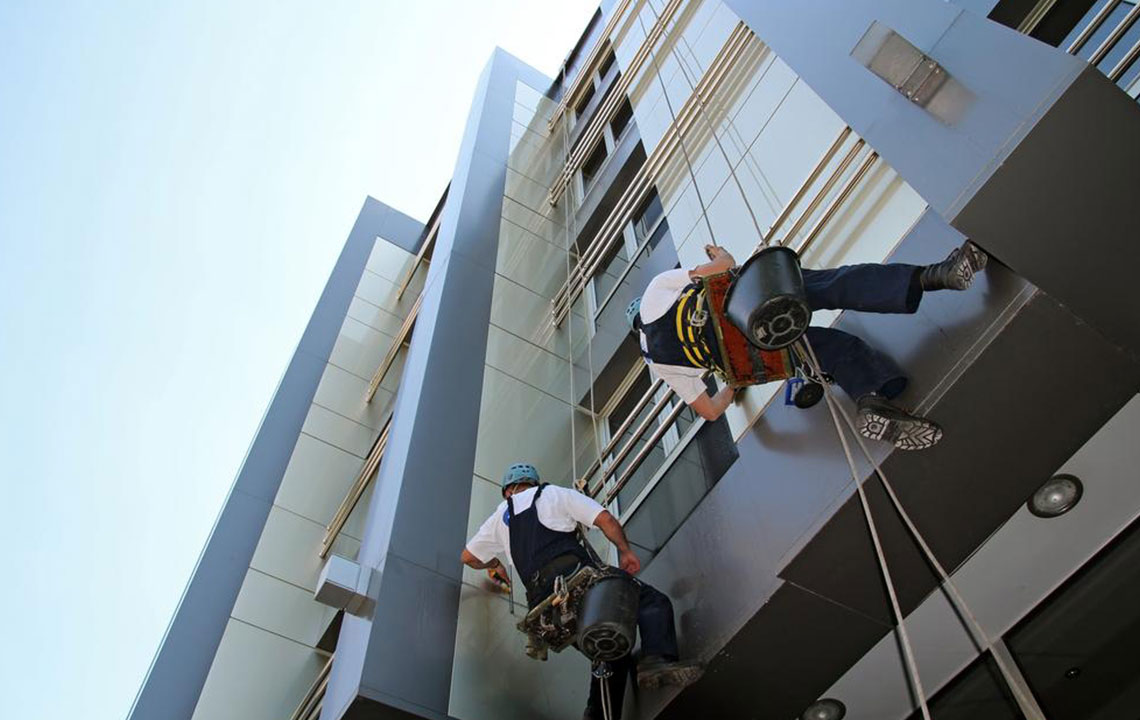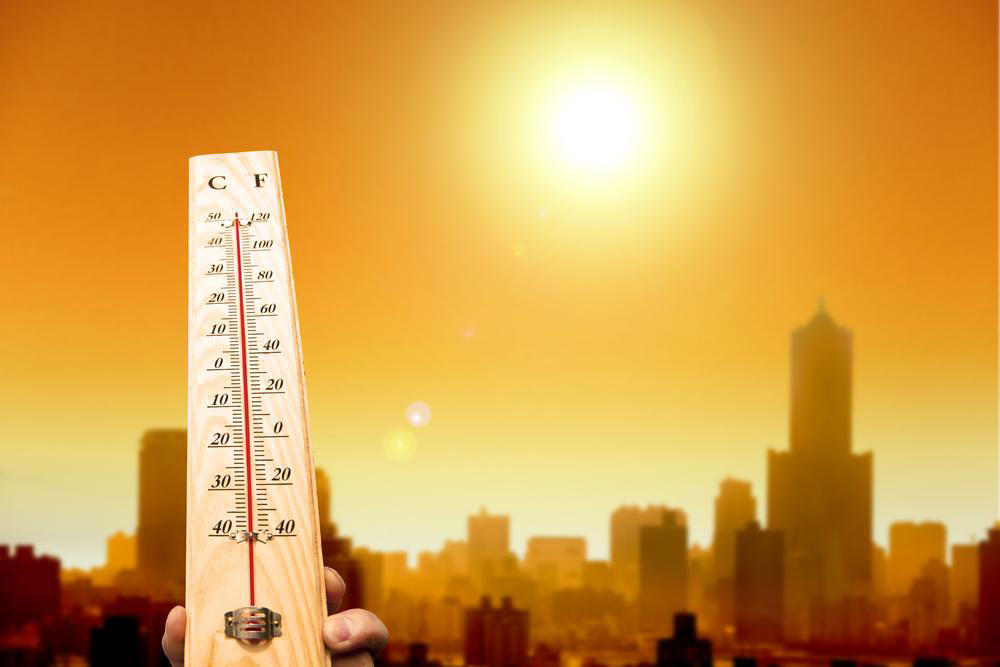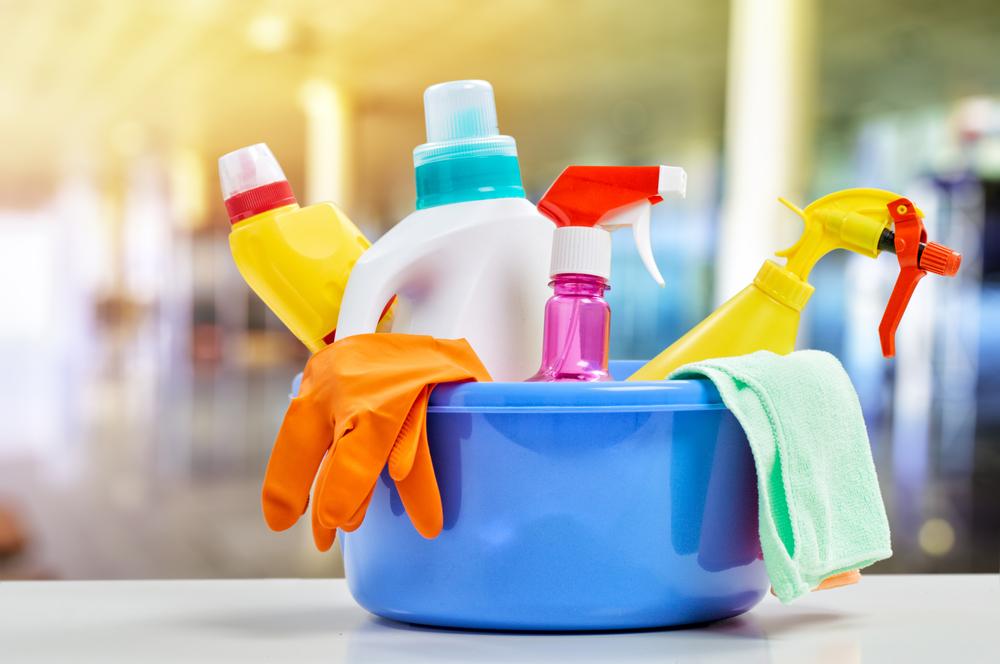Essential Skills and Competencies for Specialized Cleaning Professionals
Discover the essential skills needed for advanced cleaning roles, including attention to detail, safety protocols, and specialized equipment operation. This comprehensive guide explores the qualities that differentiate expert cleaning professionals, highlighting training requirements and industry opportunities across healthcare, industrial, and heritage sectors.

Crucial Skills for Advanced Cleaning Roles
Entering the field of specialized cleaning services has become more achievable due to the proliferation of online job portals focusing specifically on this niche. While openings are more accessible than ever, succeeding in these roles requires candidates to possess a distinct set of skills, knowledge, and qualities that set them apart from general cleaning staff. This article explores the core competencies needed for those aiming to excel in advanced cleaning positions and highlights the importance of specialized training, safety awareness, and interpersonal capabilities.
Proficiency in Following Detailed Instructions: Precision is paramount in specialized cleaning tasks. Professionals must be adept at interpreting and executing complex instructions meticulously, particularly when dealing with high-risk environments such as cleaning the windows of skyscrapers, industrial equipment, or hazardous sites. Any deviation from prescribed procedures can lead to safety issues, contamination, or subpar results, so attention to detail and a disciplined approach are essential.
Knowledge of Environmentally Safe Cleaning Agents: Sustainability and safety are increasingly prioritized in the cleaning industry. Experts in this field should be familiar with eco-friendly cleaning products, understanding their chemical properties, proper dilution ratios, and application techniques. Correct usage ensures maximum cleaning efficacy while minimizing environmental impact and reducing waste, thereby supporting both safety standards and sustainability goals.
Interpersonal and Customer Service Skills: Working in busy public areas, commercial spaces, or crowded environments demands excellent communication abilities. Professionals should be capable of interacting politely with clients, addressing concerns, and providing clear information about cleaning procedures. Friendly, professional service fosters trust and ensures client satisfaction, particularly in settings like hotels, hospitals, or historic sites.
Independence and Initiative: Advanced cleaning roles often require employees to operate with minimal supervision. The ability to take initiative, troubleshoot issues, and manage tasks independently is highly valued. This autonomy enables workers to handle complex cleaning scenarios efficiently, ensuring timely completion of projects without constant oversight.
Attention to Detail and Precision: Achieving high standards of cleanliness is mandatory. Professionals must focus on minute details that might be overlooked by less experienced staff. Precision in cleaning techniques not only ensures a thorough job but also contributes to a strong professional reputation for reliability and excellence.
In-depth expertise goes beyond basic cleaning skills. It encompasses knowledge of specialized techniques, handling advanced equipment, and strict adherence to safety protocols. Mastery in these areas often differentiates seasoned professionals from novices, opening doors to more complex and lucrative opportunities.
Working with specialized machinery and personal protective equipment (PPE) is frequently necessary in these roles. Environments such as crime scenes, disaster recovery zones, or hazardous waste sites demand familiarity with safety standards to prevent accidents. Handling potent chemicals for cleaning post-fire or crime scene residues involves strict safety procedures, including proper PPE use and knowledge of potentially dangerous substances. These tasks often require collaboration with law enforcement agencies, emergency responders, or environmental safety teams.
Opportunities in this sector are abundant, covering industries like healthcare (hospitals and clinics), industrial facilities, cultural heritage sites, public monuments, and restoration projects. Success hinges on proper training, certifications, and ongoing skill development to stay abreast of evolving safety standards and cleaning technologies.





